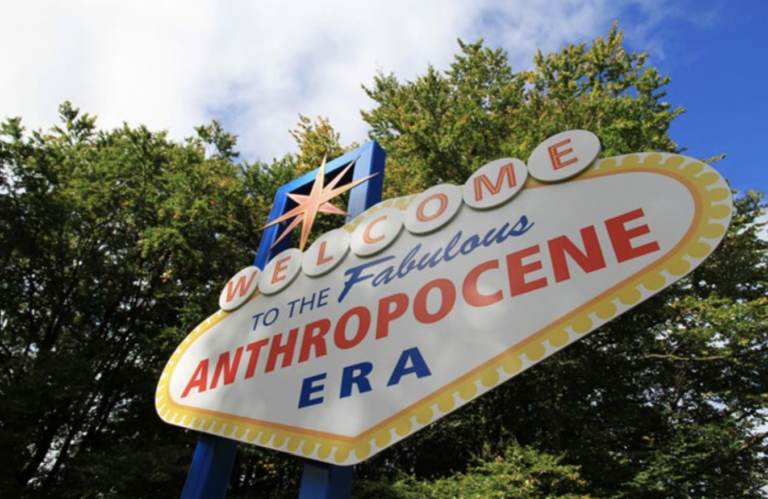Jean Segata is a social anthropologist who specialises in multispecies health, epidemics, and biosecurity interventions. He has extensive experience conducting fieldwork and developing research collaborations across Latin America, primarily in Brazil. He currently serves as an Associate Professor at the Department of Anthropology at the Federal University of Rio Grande do Sul (UFRGS, Brazil), where he directs the Centre for Animal, Environmental and Technologies Studies (NEAAT), as well as the Rede Covid-19 Humanidades MCTI. He is also a CNPq Researcher (Brazilian National Council for Scientific and Technological Development, 309710/2021-9).
Ceres Víctora is a Professor at the Department of Anthropology and the Graduate Program in Social Anthropology at the Federal University of Rio Grande do Sul. She also leads the Center for Research in Anthropology of the Body and Health (NUPACS) at the same university. With research and teaching experience in Medical Anthropology, her focus is on health inequalities, social suffering, violence, emotions, and disasters in Brazil.
Paola M. Sesia is a medical anthropologist and public health professor at CIESAS, Mexico. Her current research interests include maternal and reproductive health, professional and traditional midwifery, obstetric violence, access to abortion and abortion care, and health and health policy among Indigenous Peoples in Mexico. She approaches her work from a perspective of reproductive and human rights, as well as from a social justice and structural vulnerabilities perspective, with a focus on social inequalities.
Laura Montesi is a CONACyT researcher based at CIESAS, Mexico. She is a medical anthropologist with fieldwork experience in indigenous rural Mexico, and her work focuses on chronic conditions, particularly diabetes mellitus and related comorbidities. She interweaves culturally grounded lived experiences with the workings of larger structural forces. Her research interests include the intersections of health, social inequalities, and violence, as well as food and culture, and language rights.
Jennie Gamlin is Associate Professor and Senior Wellcome Trust Fellow at the UCL Institute for Global Health. She is also Co-director of the Centre for Gender, Health and Social Justice. Her research focuses on the coloniality of gender and health in Indigenous Wixárika communities. Jennie’s theoretical work revolves around decolonisation, Indigenous ontologies of health and being, critical ethnography, and historicising patriarchy and violence. She has co-edited the book ‘Critical Medical Anthropology, perspectives in and from Latin America’ (UCL Press 2020) and the book series ‘Embodying inequalities, perspectives from Latin America’.
Sahra Gibbon is a Professor of Medical Anthropology in the Anthropology Department at UCL. She has conducted research in the UK, Cuba, and Brazil examining the intersections between health, gender, citizenship, activism, and identity. Her current research focuses on examining the social context of biosocial research in birth cohorts and embodied inequalities, particularly as they relate to questions of toxicity, pollution, and Anthropocene health. She is a co-editor for the UCL Press series ‘Embodying Inequalities: Perspectives from Medical Anthropology’.
